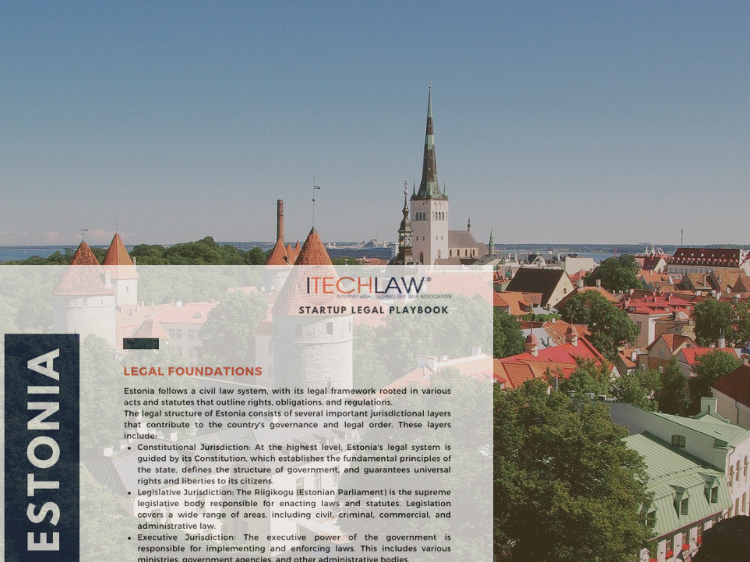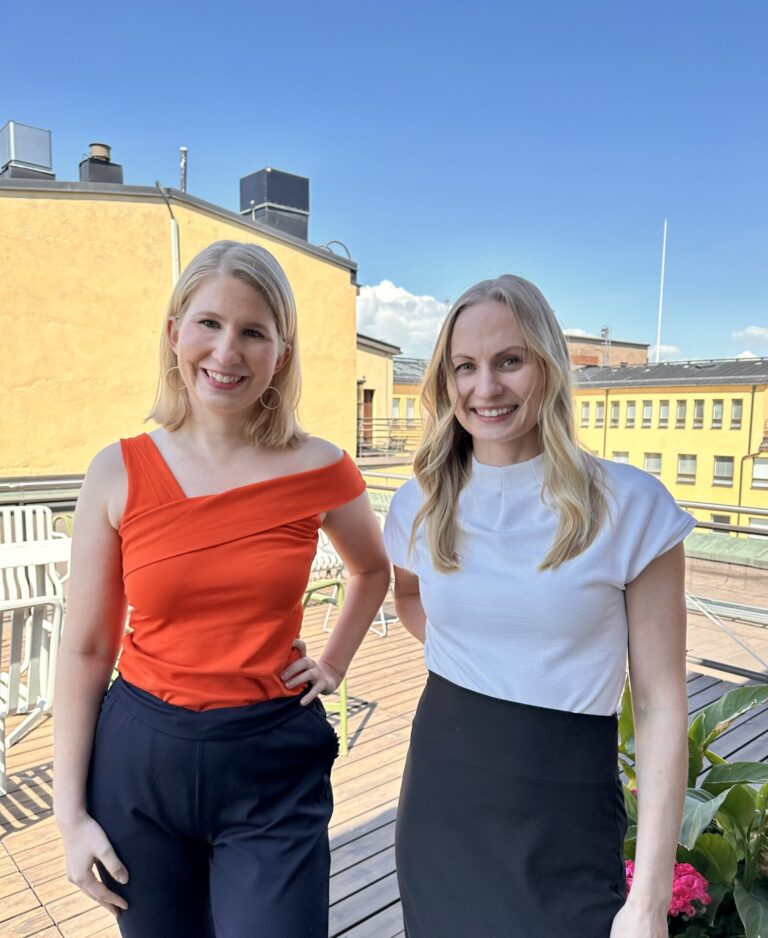
The Global Minimum Corporate Tax (hereafter referred to as the minimum tax) forms a crucial part of the OECD and G20 comprehensive framework aimed at tackling the erosion of the tax base and profit shifting within the context of global tax reform. The primary objective of the minimum tax is to curb international tax competition, ensuring a baseline level of taxation regardless of where a multinational corporation generates its profits. Directive 2022/2523, endorsed by the EU Council, seeks to achieve consistent application of the minimum tax across the European Union.
The directive must be implemented in EU Member States by December 31, 2023, but smaller countries have the flexibility to abstain from applying the minimum tax for the initial six years, extending until 2030, in order to alleviate administrative burdens. Countries eligible for this exception are those with fewer than 12 major multinational corporations, whose consolidated total revenue exceeds 750 million euros, acting as the ultimate parent entity. Estonia, at its request, will implement this exception for the initial years, allowing the country to sidestep adopting the entire directive and avoiding the development of a complex and costly IT system for its execution.
Nevertheless, countries utilizing this exception must ensure that the ultimate parent entities of multinational corporations within their borders determine the entity responsible for filing the minimum tax declaration in the implementing country. Additionally, countries utilizing the exception must compel multinational corporations on their territory to provide the necessary information to the filing entity for the declaration.
While the application of the exception does not exempt entities in that country from the minimum tax obligation in other countries, it does alleviate administrative burdens for both entities and tax authorities. To circumvent minimum tax obligations in other countries, Estonian companies can distribute more profits within Estonia, maintaining an effective tax rate of at least 15%. If the tax rate rises to 22%, distributing 53.18% of profits is necessary to achieve a 15% effective tax rate. Considering the three-year initial special provision, allowing a simplified calculation based on country-specific reporting data, there is a significant incentive for companies to distribute more profits, potentially boosting tax revenue even if Estonia refrains from imposing the minimum tax. However, the collection of the minimum tax is anticipated only in the latter half of 2026.
If the ultimate parent entity of a multinational corporation is situated in Estonia, it designates a subsidiary in the implementing country to file the minimum tax declaration on behalf of the group. In this scenario, the subsidiary adheres to the laws of its country of residence that have adopted the minimum tax directive or OECD model rules. The ultimate parent entity of a multinational corporation in Estonia is obligated to provide the necessary data to the subsidiary for filing the declaration.
If the subsidiary of a multinational corporation is located in Estonia, it typically files the minimum tax declaration in accordance with the laws of the ultimate parent entity’s country of residence. In addition to reducing administrative burdens, utilizing the exception allows for a delay until all rules related to the minimum tax are agreed upon. Although the adopted directive is grounded in OECD agreed model rules, the work on minimum tax rules within the OECD is still ongoing. Other countries adopting minimum tax rules have raised numerous questions and issues, prompting the OECD to address them through minimum tax guidelines. On October 27, 2023, the Estonian Ministry of Finance submitted a draft law amending the income tax law for coordination, partially incorporating the EU minimum corporate tax directive.
According to data from the Tax and Customs Board in Estonia, there are 5 ultimate parent entities and approximately 350 subsidiaries associated with large multinational corporations. Around half of these subsidiaries are excluded based on the “de minimis” exception, which exempts subsidiaries whose sales revenue in Estonia does not exceed 10 million euros and profits do not surpass one million euros from the minimum tax obligation.
Our global team is here to offer further details and assist you with any inquiries you might have regarding the Global Minimum Corporate Tax.
Contact

Ella Keränen
Associate
Dispute Resolution, Corporate and M&A, ESG and Sustainability, Intellectual Property, Tax
Send me an email +358 40 184 4177
Matīss Rostoks
Managing Partner
Real estate, Corporate and M&A, Restructuring and Insolvency, Tax
Send me an email +371 29192427









